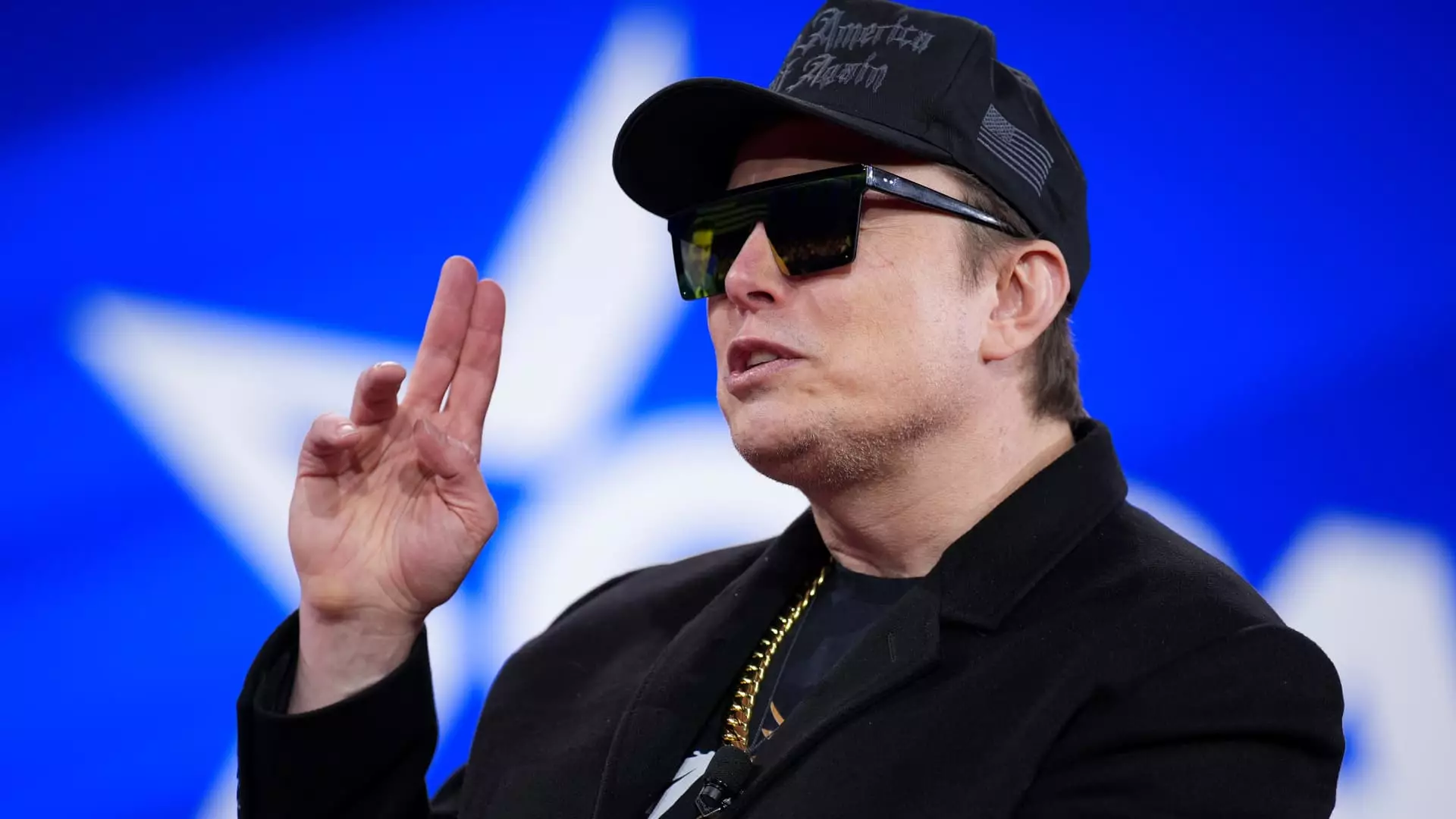In a striking turn of events, an amended lawsuit has emerged, challenging Elon Musk’s alarming directive to federal employees concerning a recent email from the Office of Personnel Management (OPM). Musk, the controversial CEO of Tesla and other enterprises, sent ripples through the federal workforce by implying that failure to respond to an email listing weekly accomplishments could result in forced resignation. This unprecedented scenario has ignited widespread confusion within the federal government and raised serious concerns about the implications for employee rights and due process.
The legal action began when several unions representing federal workers filed a lawsuit in a San Francisco federal court against OPM and its acting director, Charles Ezell. The original filing, registered on a Wednesday, sought an injunction against potential mass terminations of federal employees, which were flagged as being in direct violation of constitutional and statutory protections. At the crux of the lawsuit is the initiative dubbed DOGE—Department of Government Efficiency—an endeavor spearheaded by the Trump administration aiming to cut federal spending and workforce.
On February 13, the OPM issued directives suggesting a sweeping elimination of probationary employees across various federal agencies, which ignited alarm bells among labor advocates concerned about abrupt and unjust actions against workers.
The controversy escalated on a Saturday when federal employees received an unexpected email from OPM titled “What did you do last week?” This missive requested employees to provide a concise report of their weekly accomplishments, stipulating a deadline of Monday at 11:59 EST. Prior to this email, federal employees were under no obligation to submit such work reports, raising questions about the lack of transparency and proper notification regarding this sudden policy change.
Musk punctuated the email chaos with an incendiary tweet, reminding government employees of the established deadline and ominously stating that a failure to respond would be interpreted as an immediate resignation.
The response from labor unions was swift and vociferous. Everett Kelley, the president of the American Federation of Government Employees, condemned Musk’s tweet as emblematic of a profound disregard for the public service. Kelley’s statement highlighted the disrespect shown not only to thousands of civil servants but also to veterans who serve in federal positions. He characterized the demand for justification of job duties as an affront to the dignity of public service, particularly from someone perceived as a billionaire “out-of-touch” with the realities of government employees.
The amended lawsuit further underscores the lack of procedural adherence by OPM in implementing this supposedly new reporting program — raising fundamental legal questions about the manner in which policy changes are communicated and enforced within the federal framework.
In the wake of Musk’s directive, confusion spread rapidly across various federal agencies. While some, including the FBI, the Justice Department, and the Department of Defense, advised employees against responding hastily to the OPM email, others, such as the Transportation Department, instructed their staff to comply but with caveats about the sensitivity of information. This disarray highlights the absence of unified guidance and underlines the chaotic atmosphere stemming from Musk’s involvement in federal operational matters.
The lack of clarity surrounding these directives raises significant ethical issues regarding employee treatment and oversight. Federal workers are left grappling with conflicting instructions from different agencies, illustrating the potential chaos that can ensue when private sector figures like Musk play a major role in public office accountability.
As the legal drama continues, a judge has scheduled a hearing regarding the unions’ request for a temporary restraining order to halt the threatened mass terminations. The outcome of this legal battle could set important precedents regarding the intersection of private sector initiatives and public service labor practices. This case not only serves as a focal point for discussions surrounding employee rights but also challenges the ethical paradigm of corporate involvement in government affairs.
The turmoil initiated by Elon Musk’s directive represents a broader commentary on public sector governance, employee rights, and the ethical implications of cross-sector collaboration. As the legal proceedings unfold and the reactions from various stakeholders continue to develop, this scenario prompts critical reflections on the governance of federal employees and the respect due to those serving the public interest. The outcome of this situation could reverberate through federal workforce policy for years to come, highlighting the essential balance between efficiency and the protection of civil service rights.


Leave a Reply